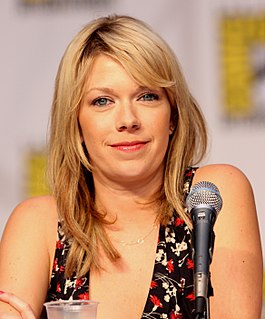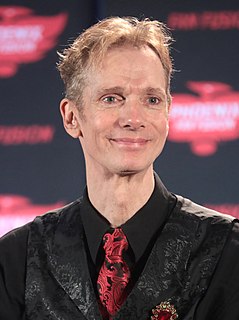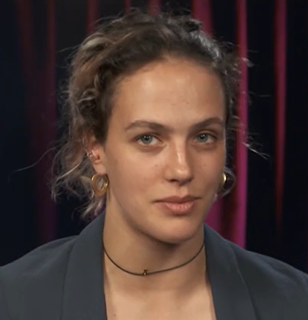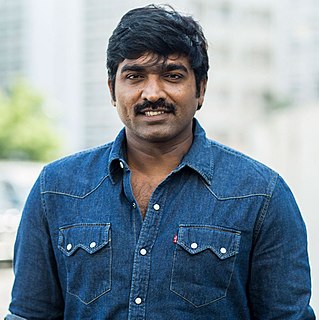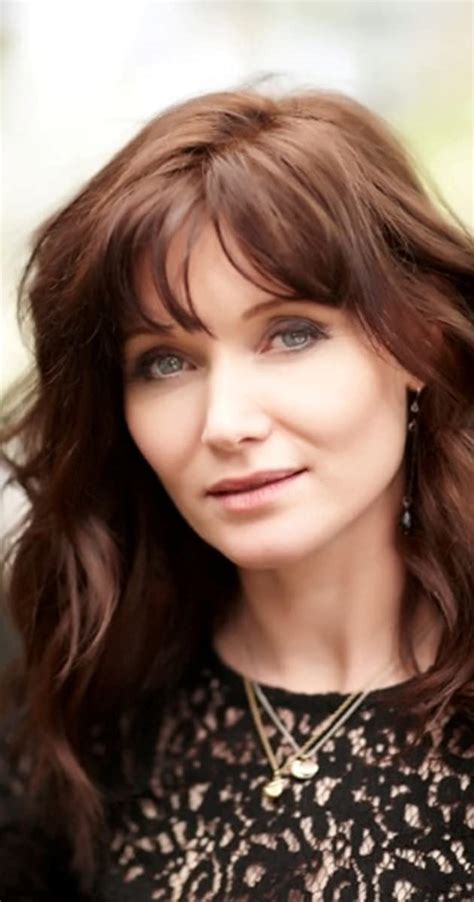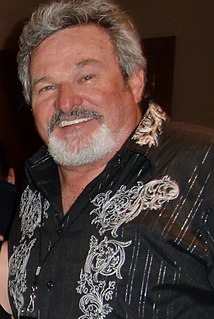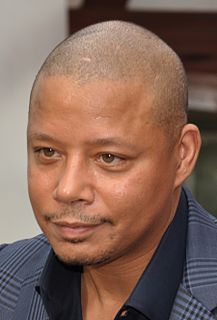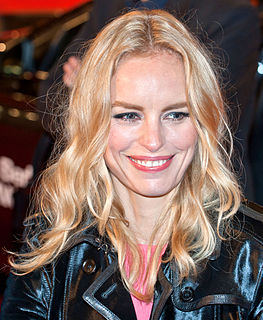A Quote by Ellen Page
No matter what character your play. I feel like whenever anyone is honest and whole and well-written, you're going to be able to connect to that person because we're all kinda made up of the same stuff and I think that's always one of the really powerful things about approaching each individual character and role and film.
Related Quotes
It's nice to be able to explore both sides of my personality. I definitely relate more to Debbie, my character on The Grinder. But it's really nice because I get to play a character who's down on her luck and kinda slipping off the edge in It's Always Sunny, while at the same time getting to play this character who's a mom and holding it together on The Grinder.
What I really learned from Tim Burton is that it's important to have your own person in a role because you can't play a character unless there are elements of human behaviour that you yourself understand. I was really struck by how Tim Burton would like to sit and chat about you... or question things which then you had never thought about. It is a good thing to always step back a bit with things like that. But I try my damned hardest to learn something from everything I do.
I learned a lot from Dick Wolf. I'll always remember playing that character because it was such a good character. It was great to be able to be a character like that for television. I think the thing that I'll bring from the whole experience, the whole 10 years, is I had never been interested in the television business before.
I always say that, like a scientist or anyone, you always want to be the problem-solver. You feel like, if you solve the greatest mystery or the greatest problem, then that makes you brilliant. It's the same thing with an actress. You want to be able to really tackle a character and make it a fully-dimensional human being who is complicated, funny and all the things that a person could be.
I've always loved film more than theater, and film may be more closely related to making a record because you have that ability to go in and do your work and have no judgment around it, and feel honest. Then, much later, it's presented to people. But in theater, people come backstage after a performance and you're about to do the same play again the next night, and people say, "Well, I didn't really believe that emotion" or whatever. It's really hard for me, I like to be closed up and just do the work.
We really have a close friendship with Christian Petzold, which means we can be more frank and open towards each other, always with total respect. But, we push each other a bit further and further always, and we're always still curious about each other. And when he talks about a story he's thinking of doing, then the whole process is so special because I'm involved in a very early stage and I have the feeling I can, and not only, influence anything about my character, but about the whole story that my character's in.
In novels you're able to occupy character's internal thoughts and it's really hard to do in a film or a TV show. When you're reading a character's thoughts or when it's in first person, you're reading kind of their own story, so you have the opportunity to see what makes that character complex or complicated. And to me that's what the whole point of fiction is.
As an actor you bring some of your own experiences which can make things easier. You build off of it, but your imagination is always the best thing you have as far as creating things I think specifically for what that character is going through. But you're definitely drawing obviously upon things that you can connect to, and then you kind of mold the change that you're making into something that's right for the character.

